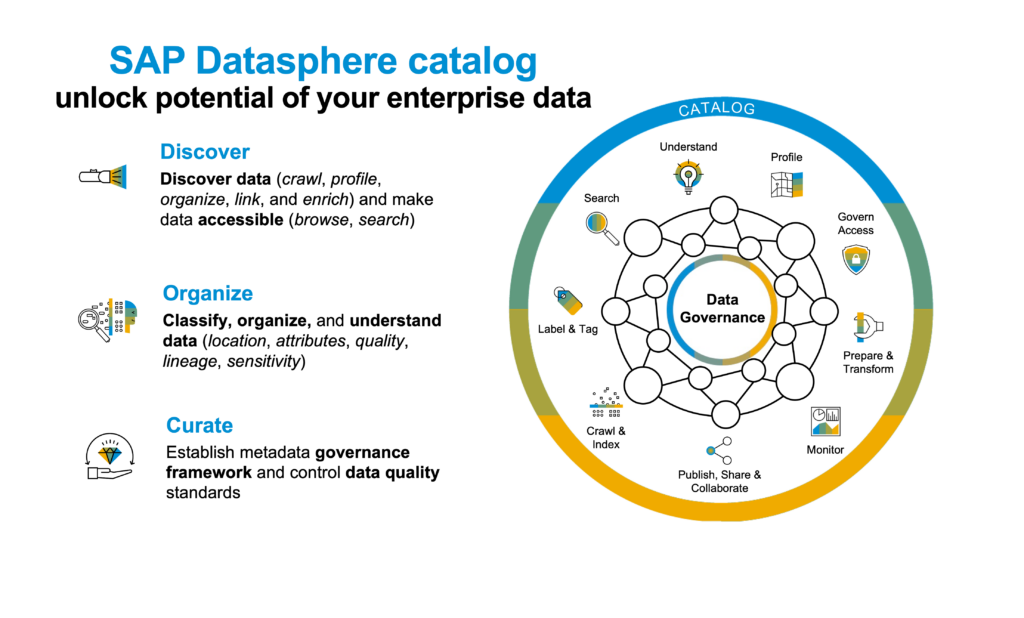
The term "accrual" in accounting and in the accounting refers to the allocation of income and expenses to the period in which they were economically generated. This practice is essential for accrual-based profit recognition and is based on the principle of accrual accounting, which states that income and expenses must be recognised in the financial year in which they were economically generated.
There are two main types of demarcation:
- Delimitation in timeThis relates to income and expenses that affect more than one accounting period. For example, if an insurance premium is paid in advance for an entire year, but the financial year only covers six months of this period. In this case, half of the payment is recognised as an expense in the current period and the other half in the following period.
- Material (transitory) delimitationThis relates to income and expenses that are economically attributable to another financial year but only lead to receipts or payments in a later year. An example of this is advance payments received for services not yet rendered.
Prepaid expenses and deferred income are recognised in the balance sheet. Prepaid expenses are recognised on the assets side of the balance sheet and represent expenses before the balance sheet date that only relate to income or revenue for a specific period after the balance sheet date. Deferred income is recognised on the liabilities side of the balance sheet and comprises income before the balance sheet date that only relates to expenses or expenditure for a specific period after the balance sheet date.

SAP tools for integration & data analysis 2023

Dashboard functions in MARIProject

More key figures transparency in the ERP system

Data warehouse or data lake

Big Data - Relevant for SMEs?
